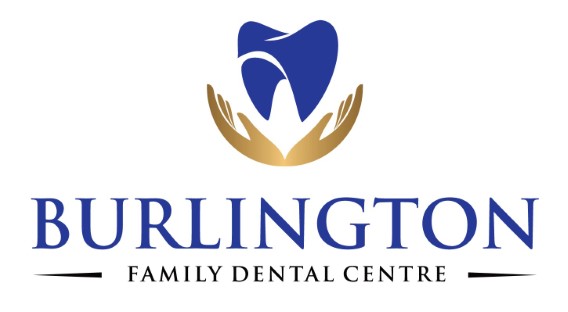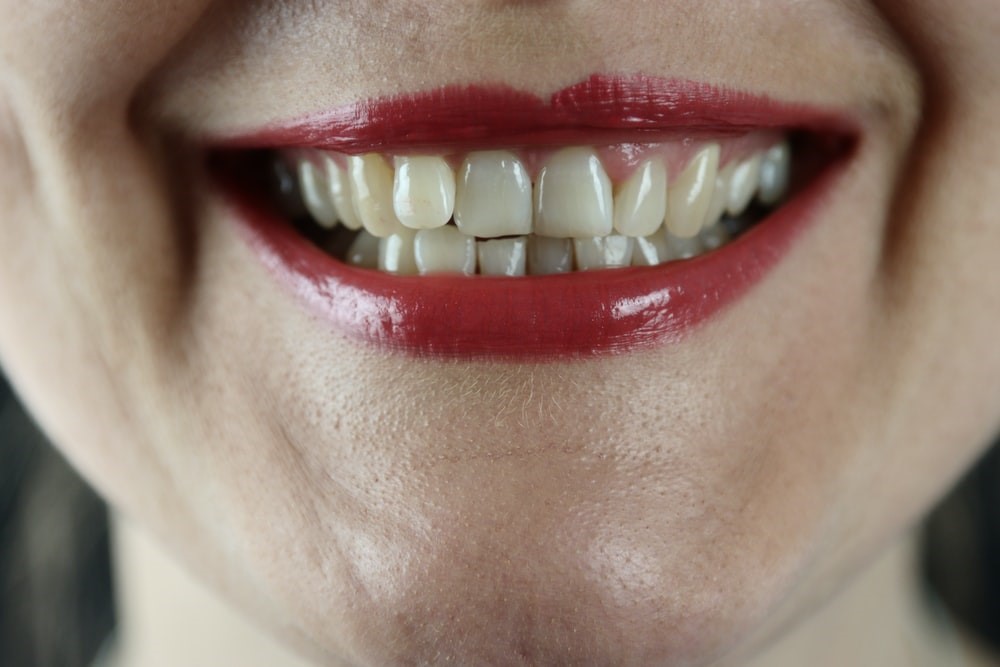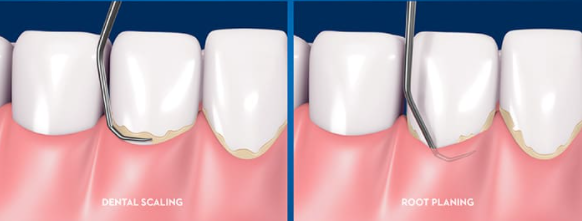Taking care of oral health is as crucial as taking care of your overall wellbeing. If you ignore your oral health, you’re prone to losing teeth. Gum Disease is one of the most common oral health diseases. It occurs when your gums and bones that hold your teeth firmly start to lose their grip, affecting the attachment between teeth and gums.
What is Gum Disease?
Broadly speaking, your gums may be affected by two types of diseases, including Gingivitis and Periodontitis, which are jointly known as Gum Diseases or Periodontal Diseases.
Gum Disease is basically the inflammation of gums and infection that kills your teeth-supporting tissues, including periodontal ligaments, gums, and alveolar bone (sockets of the tooth).
Periodontal Disease Definition
Periodontitis, also known as “Gum Disease”, is an oral disease that infects the gums, bones, and tissues supporting your teeth. This disease is common among adults. In periodontitis, the gum tissues holding your teeth loosen and separate from the teeth, causing severe pain. As the disease progresses, the bones and tissues are completely destroyed, and the teeth may need to be removed or fall out.
Unfortunately, gum diseases are commonplace in both developing as well as developed countries. Around 20- 50% of the total world populace is affected by gum diseases.’
But no need to fret!
Fortunately, periodontitis can be treated in its early stages. You can prevent teeth loss and even reverse any damage that might have occurred in the early stages of the disease through regular teeth cleaning in Burlington.
It is important to note that Gum disease starts with plaque, a clear and sticky substance containing bacteria and germs. When you don’t take care of your teeth properly, plaque is formed on your teeth at the meeting point of your gums and teeth. If you do not remove plaque from your teeth by flossing and brushing every day, it gets hardened, becoming tartar or calculus.
Tartar Turning into Gingivitis
Brushing and flossing do no good to tartar. Calculus imposed on your gums and teeth often leads to infection. For its removal, you will need professional teeth cleaning by a dental hygienist or dentist. This gum disease, in its early stages, is referred to as Gingivitis. This Early Periodontal Disease or Gingivitis starts with the bacteria in your plaque. In this condition, your gums may become red and swollen and bleed while brushing. Gradually, the gums begin to retreat their hold from your teeth, causing the disease to reach its advanced stage and turn into Periodontitis, and ultimately you lose your teeth.
Why do we develop Gum Disease?
Our mouths are brimming with numerous bacteria and germs, which form a colorless, sticky plaque on our teeth alongside mucus and other particles. This plaque should be removed daily, or else it may lead to gum disease. Several risk factors are aiding in gum diseases, such as smoking, diabetes, changes in hormones, genetics, and AIDS, along with its medication may lead to periodontitis.
Signs of Periodontal Disease
There are several signs of Periodontal Disease. Some of them are:
- Bleeding gums
- Loose gums
- Red, tender or swollen gums
- Bad breath that lingers and doesn’t go away
- Change in the way your mouth feels
- The fit of dentures changes
- Pus in between the gums and teeth
- Loose teeth
Diagnosis of Periodontal Disease
If you regularly visit your dentist, your periodontal disease can be diagnosed before any damage can occur to your gums or tissues surrounding your teeth. If left untreated, this condition may become severe over time. During diagnosis, a periodontal probe (instrument) is used to check gums and area around teeth, such as bones and tissues.
Causes of Gum Disease
The foremost periodontal disease cause is the plaque between your teeth, containing bacteria that produce harmful toxins. These bacteria infect your gums and form pockets in between your teeth by loosening the gums. These pockets then accumulate more bacteria-containing plaque, resulting in worsening the disease. The bacteria-containing plaque infects and inflames the gums that ultimately lose their hold on your teeth and cause them to fall out.
If the infected gums and pockets do not get the proper treatment, the disease can worsen, and the bones and tissues surrounding the teeth will deteriorate. In the worst-case scenario, the dentist would be required to remove your teeth, or your teeth might loosen and fall off. If the infection keeps spreading, other teeth can also be affected.
Treatment of Periodontal Disease
Periodontal disease is treated according to the severity and type of the disease. In the gum disease early stages, when it is Gingivitis, the disease is caught easily because no severe damage has been done. Your dentist will simply advise you to improve your daily oral hygiene to prevent further spread of periodontitis.
· Scaling and Root Planning
If your periodontal disease is a little more severe but still in the early stages, your hygienist will start your treatment by performing a special cleaning which is called scaling and root planning, where the tartar and plaque is removed till the bottom of the periodontal pocket. This process is completed over some visits, based on the severity of your disease.
After removing the plaque and tartar, the root surfaces of the teeth are smoothened and planed, which allows the tissues and gums to heal. After they heal, the gums reattach to your teeth. After the scaling and root planning treatment, your dentist may recommend medications that help control your periodontitis infection and reduce any pain. The medicines might contain pills, mouth rinse, or any kind of substance is placed in your periodontal pockets to aid in healing or preventing further infection.
After the scaling and root planning treatment, another appointment with your dentist will be made where your dentist will examine your gums and tissues and ensure that your periodontitis is healing properly. He/she will also measure the gum pockets to see if they are reattaching correctly. If the disease continues to grow where the pockets get deeper, and the bone around your teeth becomes lost, further treatment will be necessary.
If you want to keep that radiant smile on your face, then periodontitis should not be left untreated. One of the best ways to get rid of Periodontal disease is to seek help and treat the condition in the early stages, where it can be reversed. If it is left untreated, periodontal disease does not go away by itself; severe disease will require surgery to save the unaffected teeth.
Care after Periodontitis Treatment
You will be recommended to get more checkups and frequent visits to your dentist to get proper dental cleanings to ensure that your periodontitis remains under control.
In Closing…
‘Prevention is better than cure’
Oral hygiene is one of the crucial parts when it comes to maintaining health. It takes a few minutes to brush your teeth daily, so take your oral health seriously and clean your teeth and floss them daily to prevent the accumulation of plaque and tartar that can prevent any form of periodontitis.
Contact Burlington Family Dental Centre today to book a teeth cleaning appointment for you or for your family.



